Last year I read my tattered copy of Diary of an Early American Boy to my sons and they enjoyed it very much. I gave them the other books and they have studied them at length. It did my heart good to see them as captivated with Sloane’s books as I once was. Indeed, the illustrations and the information in those books stirred a great interest in me years ago, and they do it to me still.
Sloane was an incredibly talented artist. His rural scenes of old barns and fields with big, cloud-filled skies, resonate with my agrarian passions. With that in mind, I thought it would be nice to get an Eric Sloane print, frame it, and hang it in my home.
I discovered that Sloane prints are few and far between. When I last checked, there was nary a one on Ebay. I did find a couple galleries that sell signed, limited edition prints and original paintings. But I wasn’t looking to spend thousands of dollars. I’m not even looking to spend hundreds of dollars. Maybe a few tens. :-)
Well, anyway, during my internet searching I happened upon a web site about Eric Sloane that was very interesting. Among this site’s offerings is a page titled, Eric Sloane’s Philosophy of Awareness. I’m not sure who wrote the essay but it is well done. I hope the author will not mind me reprinting the excerpt that follows.
Anyone interested in America’s agrarian past and the Christian-agrarian resurgence we see happening today (neo-agrarianism) will find this essay to be particularly interesting. There are basic principles and that stand out and beckon us. We can learn much from the example of our Christian-agrarian forebears, and that’s the point of the essay...
Eric Sloane devoted the greater part of his life to the exploration of what he later coined his "philosophy of awareness". The basic concept of awareness that Sloane articulated through his many books centered upon his belief that the man (and woman) of yesterday was more aware than his or her modern day counterpart. This heightened sense of awareness came principally from "doing for oneself". In order to even begin to understand what Sloane meant by awareness, you must understand the world of 18th century New England.
In 18th century America, everyone was by necessity a farmer. Even the local doctor or lawyer needed to keep a horse and likely had chickens, goats, pigs and perhaps a cow. The vast majority of New Englanders listed themselves as "farmers" on census forms. An 18th century farmer had no electricity, no indoor plumbing, no telephone, no television, no automobile and no "modern conveniences". Before you get wrapped up in the romantic warm blanket of yesterday, remember that life for these Americans was hard. Infant mortality rates were high. Life spans for healthy adults were short compared to today. Sickness could devastate a community. If your family was to survive, each family member was required to perform strenuous physical labor most of us couldn't imagine today.
Yet because of this, not in spite of it, the early American was peculiarly aware of many things that today we take for granted. Start with his very existence. Disease or injury, mild by today's standards, could kill. How would you live your life differently if you knew that the odds of you surviving to live 48 years were slim? Time and labor were not wasted. Families counted on each other for love and support. Communities banded together to help any and all members in need. The church and worship were the literal and figurative centers of the community.
From this emerged the early American. Hard working, God fearing, honest, and loyal. He and she worked a lifetime to build barns and homes to last generations. They cleared fields for planting, managed forests and in most cases practiced a form of animal husbandry and farm management that would ensure their farms would prosper for generations. Almost every single necessity was met on the farm: a tremendous variety of crops for food, medicine and clothing, trees for tools and building materials, herbs for cooking and healing, clay and rocks for building and sweet water for cooking and cleaning.
Most everything was done with an eye towards permanence and most everything was made by hand. How would you feel towards (and care for) a sweater that your mother knitted for you and dyed your favorite color by hand? Or a toy your father made for you when you were a child? Or a harvest table your parents made for you as a wedding gift from a Chestnut tree you once played on as a child that was since felled by a storm? Little wonder that most of what we now consider real "folk art" from the 18th and 19th centuries are beautiful works of art and extremely expensive.
As the early American man, woman and child looked about them, their sense of awareness was reinforced. The farm before them of well-tended fields, bountiful gardens, healthy animals and rugged stone fences all were transformed by their hands. The home and massive barn were built by friends and relatives in a Herculean community effort of love and support. The blanket chests, chairs, rope beds, quilts, clothing, candles - and nearly everything else in the home were made by a member of the family.
How did Eric Sloane, born almost a century after the declining years of what most of us consider to be "early America", come to understand his philosophy of awareness?......
You can read the rest of the essay HERE
===============
Note: If you would like to get some of Eric Sloane’s books for yourself and your family, check out the good selection at great prices over at Cumberland Books






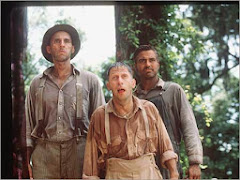

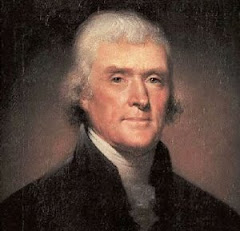
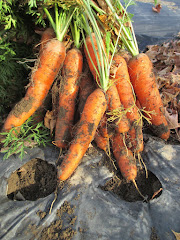
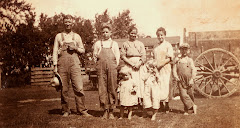


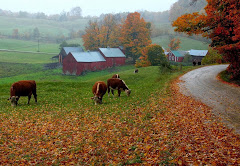
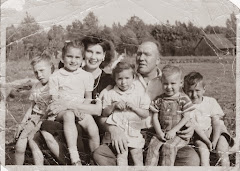
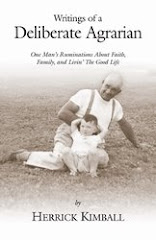



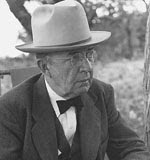
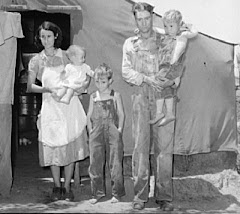







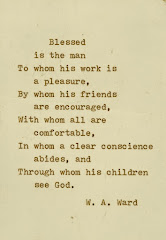


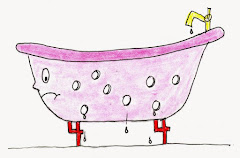






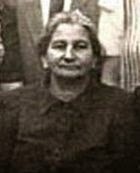





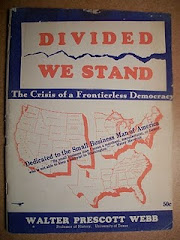











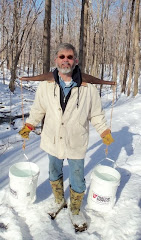
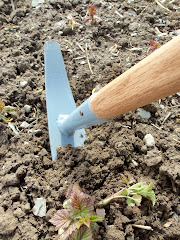
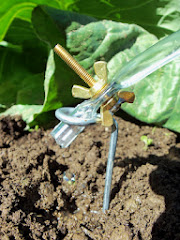
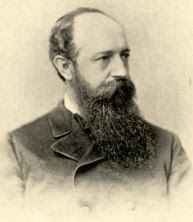
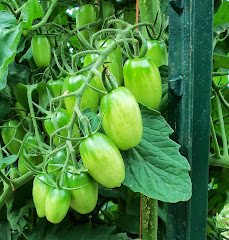
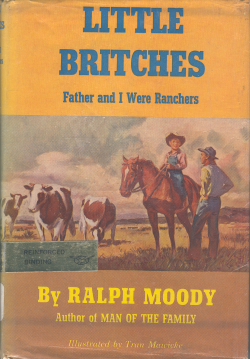
















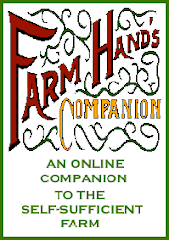

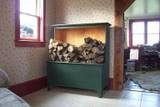
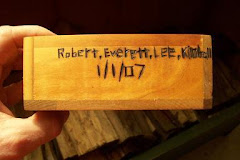
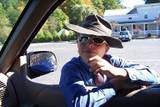





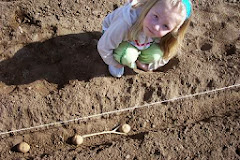
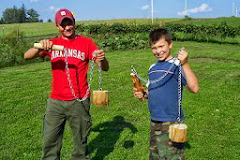


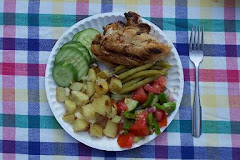
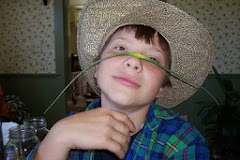


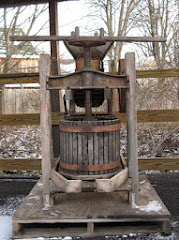

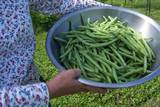
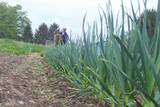
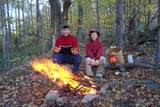

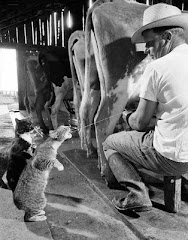







No comments:
Post a Comment